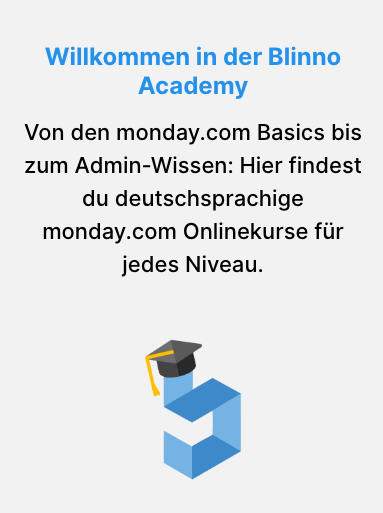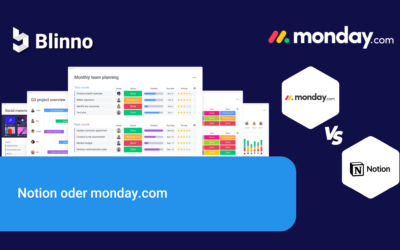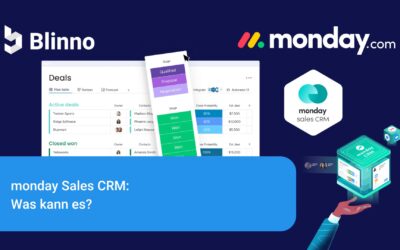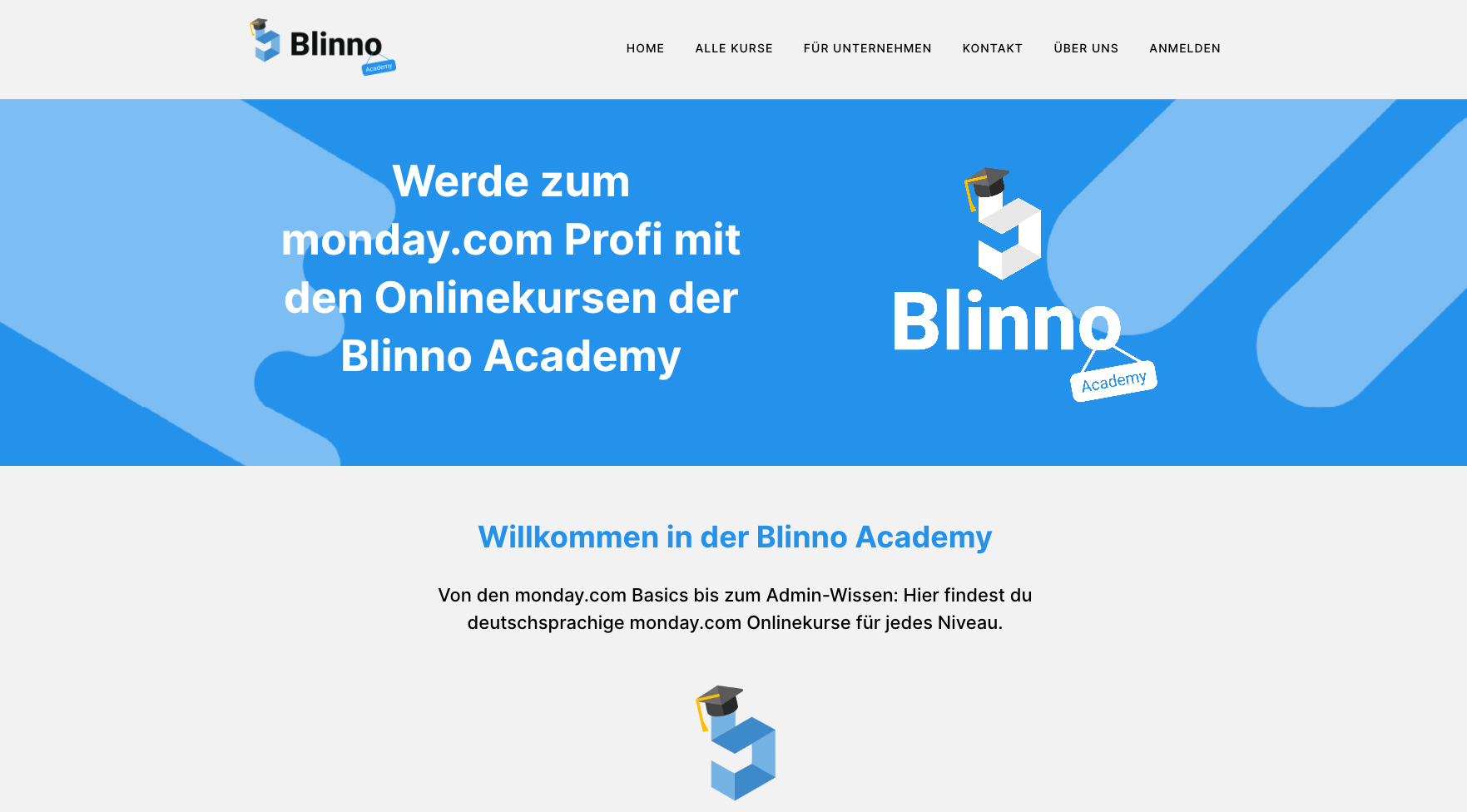Every industry has its own customer relationship management requirements. For example, while real estate agents rely heavily on their personal network to close deals, agencies could use a CRM to manage their clients, freelancers and partners.
Given the variety of CRM solutions that are specifically tailored to the needs of individual industries, it can be a real challenge to make the right choice. In addition, it is possible to customize industry-independent CRM systems.
To help you choose the right software, we look at the decision criteria for a CRM system and outline which industries specialized CRM solutions are aimed at.
Different types of CRM systems: industry-specific vs. general
Many companies prefer a CRM tailored to their industry-tailored CRM, as this brings clear advantages, such as:
- Functions that are precisely tailored to the specific work processes
- Adherence to industry-specific safety standards and compliance requirements
- Expertise of the provider in the respective industry
- No need to adapt standard functions to industry-specific processes
Despite the benefits of specialized CRM systems, universal CRM solutions also offer significant benefits, including:
- High adaptability to individual needs
- Integration into any team in your organization possible
- Extensive personalization options for your CRM system
- Generally more cost-effective than specialized systems
- Access to a wide range of functions
So how do you make the right choice between these two options? Here are some points you should consider.
5 considerations before buying a CRM
Before deciding on a CRM solution, you should take a moment to analyze the needs of your business. . here are some important factors you should consider before purchasing a CRM system.
- Consider your budget
It goes without saying that you should not choose a CRM system that goes beyond your budget. Create an overview of all people in your organization or beyond who might need CRM access This will give you an overview of the required number of user licences and you should also plan for possible additional costs for extended functions.
- Define the requirements of your company
Determine exactly what your main requirements are for a CRM system. Is it your goal to automate numerous manual processes? Or is the focus on lead nurturing? Since different CRM systems can be tailored to different needs, it is important to clearly define your priorities.
- Check compliance and regulations
In some industries, there are special requirements regarding data security or storage. These should limit your choice of suitable CRM systems that meet these requirements.
- Choose a mobile-friendly solution
Flexibility is required in many industries. If your team regularly moves between different locations such as offices, customer appointments or construction sites, a mobile CRM is essential. Make sure that the CRM solution offers a mobile application that allows you to keep track of things on the go.
- Consider the need for adjustments
Decide whether you prefer an out-of-the-box solution or whether you plan to customize the system to the specific needs of your business. Ideally, you should opt for a CRM that can adapt and evolve with the changes in your company, such as growth or restructuring.
The monday sales CRM is flexible enough to meet the needs of any business and can be scaled as you grow.
Application areas of CRM systems in various industries
Below you will find examples of how CRM systems can be used as a daily tool in specific industries. While each industry may have unique requirements, both industry-specific and generic CRM solutions can be beneficial.
CRM for companies of different sizes
CRM for SaaS
Software-as-a-Service (SaaS) companies can use a CRM for lead tracking to help sales teams automate processes and effectively nurture customer relationships while monitoring progress in the sales funnel.
CRM for small businesses
Small businesses of all types can benefit significantly from a CRM that offers features for lead management, sales funnel management, fostering employee collaboration and storing customer data.
CRM for start-ups
Start-ups can use CRM systems to strengthen relationships with customers and investors, manage key data, improve teamwork and create exceptional customer experiences.

CRM for financial and insurance services
CRM for banking
Banking institutions can use CRM platforms to manage customer data consistently across different branches and customize each customer interaction.
CRM in the insurance industry
CRM systems enable insurance brokers to automate workflows, effectively manage customer inquiries and precisely track the progress of individual insurance applications.
CRM in the mortgage sector
Mortgage brokers use CRM systems to optimize communication, manage customer data and potential new customers clearly and document every interaction with customers in detail.

CRM for customer-oriented industries
CRM in the hotel industry
The use of CRM systems gives hotel employees access to crucial data that allows them to intensify their relationship with guests, manage vacation rentals more efficiently and respond adequately to guests’ wishes.
CRM in retail
Retail businesses use CRM solutions to create a personalized shopping experience through detailed analysis of customer data and to improve their sales strategies.
CRM in the gastronomy
Hospitality businesses benefit from CRM systems by refining customer loyalty programs by evaluating interactions with guests to generate customized visitor experiences that help build customer loyalty.
CRM in the real estate sector
CRM software helps real estate professionals to communicate efficiently both in the office and on the road, organize appointments and property viewings and take into account the specific requirements of each client.
CRM for lawyers
Law firms rely on CRM systems to securely upload and manage critical documents, build and maintain client relationships, and track case progress.
CRM in publishing
Publishers use CRM applications to gain deep insights into their readership and create content that is precisely tailored to the interests and needs of their target group.

CRM for public services
CRM in the education sector
CRM systems enable educational institutions to individualize their outreach activities, intensify interaction with donors and optimize student admission processes.
CRM for non-profit organizations
Non-profit organizations use CRM software to evaluate the effectiveness of their initiatives, simplify communication with donors and monitor the engagement and success of their campaigns.
CRM in the sports sector
CRM solutions help sports teams promote their events, engage with supporters, increase ticket sales and attract more sponsors by centralizing all relevant information.

CRM for industrial services
CRM in the automotive industry
CRM solutions enable car dealerships to optimize customer service through customized sales experiences by providing tools for detailed tracking of every customer interaction.
CRM in the construction industry
CRM systems support construction companies in project monitoring, enable efficient communication and promote cooperation with suppliers and subcontractors.
CRM for energy suppliers
Utility companies use CRM systems to structure extensive customer data, manage customer communications, gain valuable insights and use data analytics to make informed business decisions.
CRM in logistics
CRM solutions help logistics teams to communicate and collaborate effectively across different locations by providing centralized data for seamless operations.
monday.com: The CRM that meets all your needs
monday sales CRM is a versatile solution that can be easily adapted to the specific requirements of different industries; It is used to organize, automate and centralize critical company data in order to promote sales and increase customer satisfaction;
Its adaptability makes the monday sales CRM an excellent choice for various sectors. Teams can customize elements such as boards, displays and automation processes so that they not only meet industry-specific requirements, but are also tailored to the team’s unique needs.
The monday sales CRM is characterized by its user-friendliness and adaptability, which makes it ideal for a variety of business models; Its templates, pipelines and workflows make it easy to get started and can be personalized with little effort.
Advantages
The benefits of the monday sales CRM are manifold and range from an intuitive, flexible user interface that can be adapted to industry-specific needs, to predefined or customizable automations that minimize routine tasks, to various subscription models that are suitable for teams of any size and budget.
It also offers comprehensive tracking and reporting tools for data-based insights, advanced access rights and security features, as well as the ability to collaborate with internal teams or external partners such as service providers, freelancers and suppliers on a single platform.
With over 70 CRM integrations and more than 200 applications, CRM can be seamlessly integrated into existing workflows. A mobile app ensures that work can continue on the move, whether on construction sites, during house inspections, in customer meetings or when procuring materials. The ability to synchronize calendars, record times and centrally manage employee activities rounds off the offering.
monday sales CRM provides your team with a tool that not only makes their daily work easier, but also grows with your company and adapts to changing requirements.
Conclusion
Zusammenfassend lässt sich sagen, dass die Wahl des richtigen CRM-Systems entscheidend für den Erfolg eines jeden Unternehmens sein kann. As we have seen, the monday sales CRM offers an excellent solution for companies in a wide range of industries thanks to its versatility and customizability.
As a proud partner of monday.com, we are here to guide you on the path to a successful CRM implementation. If you have any questions or need support in setting up your individual CRM solution, please do not hesitate to contact us.
Our experienced team is ready to provide you with advice and support to ensure that your CRM strategy is tailored to your company’s needs. Let’s discover together how monday sales CRM can transform your business.
Source: monday.com







